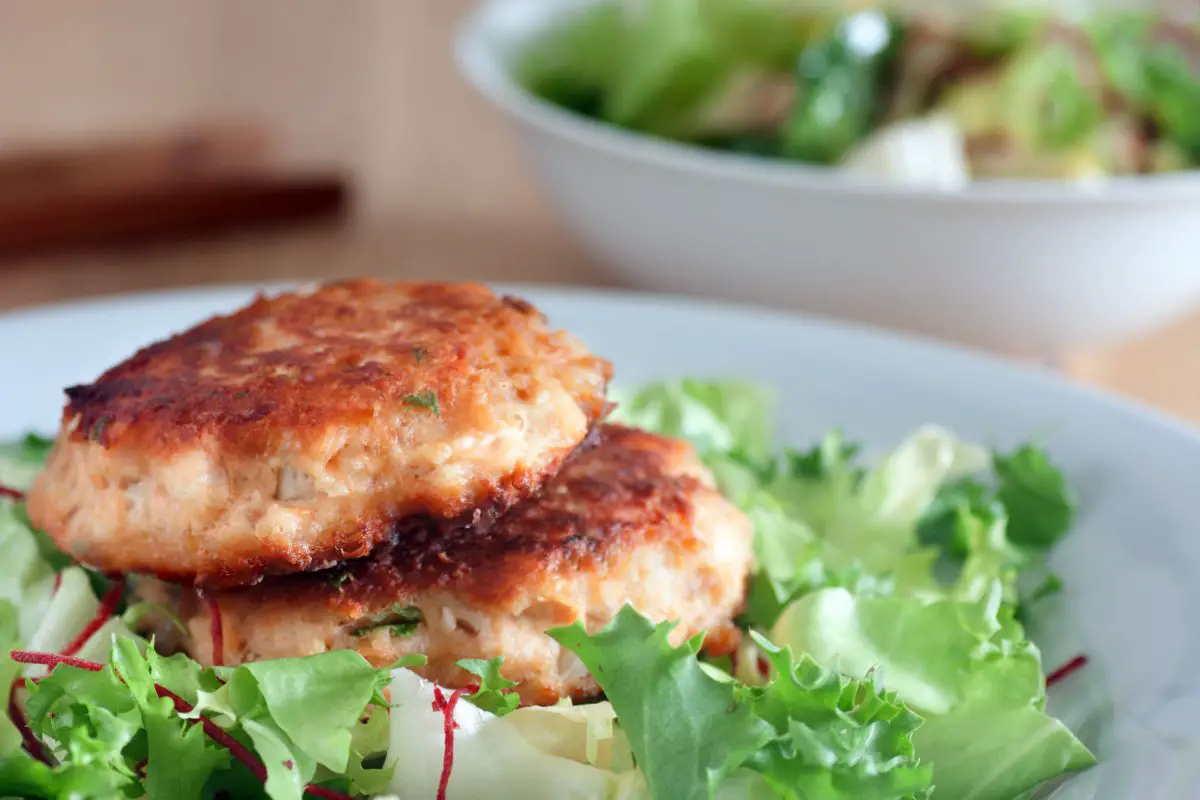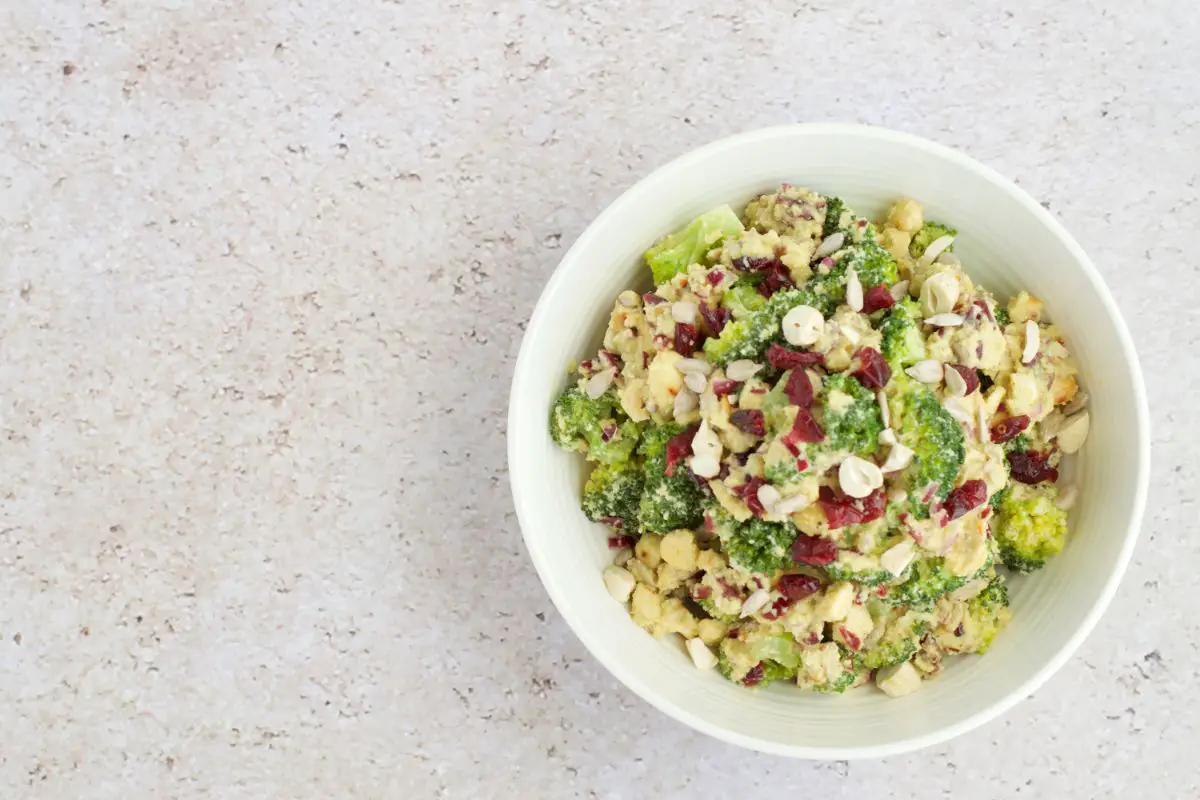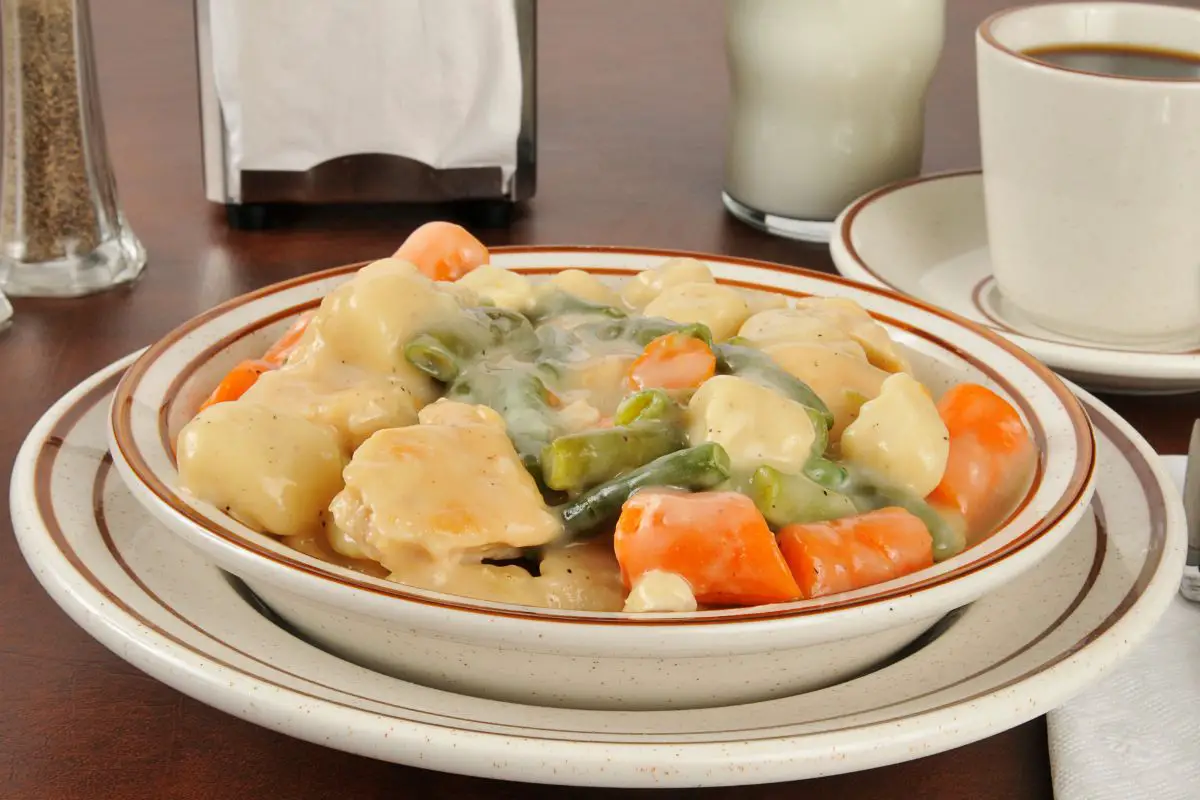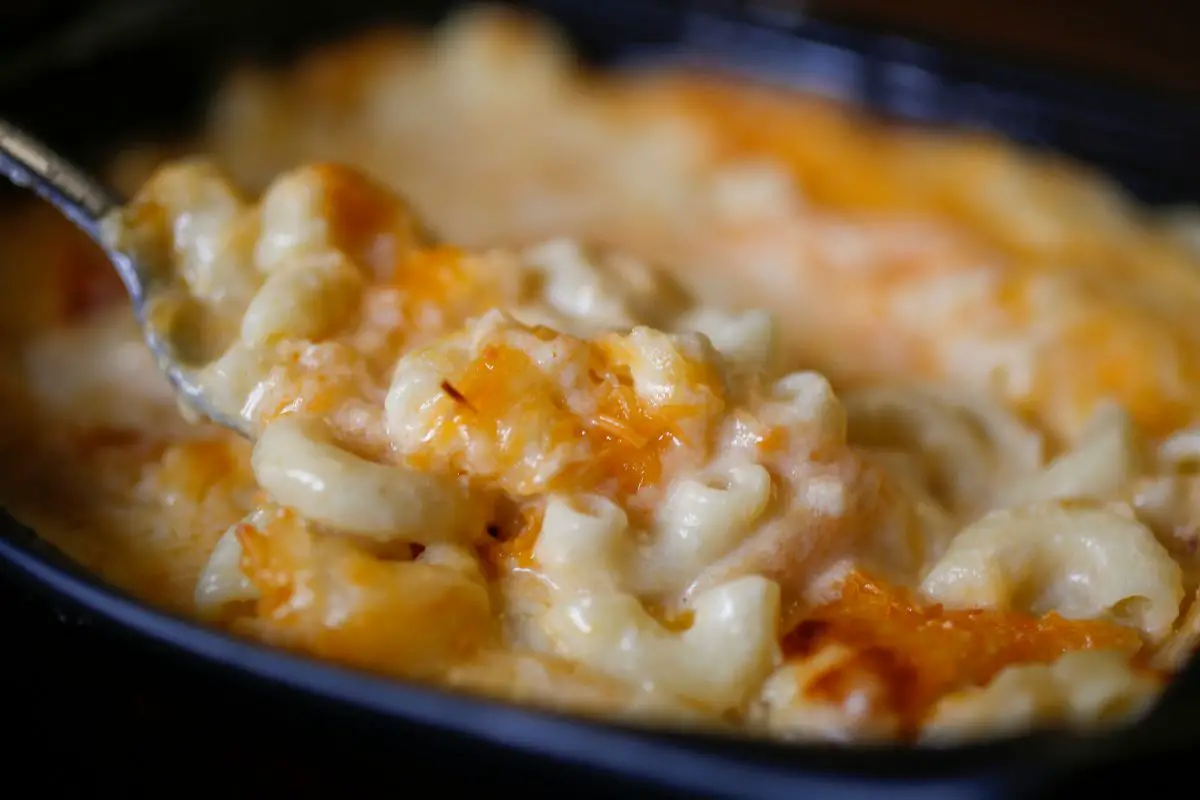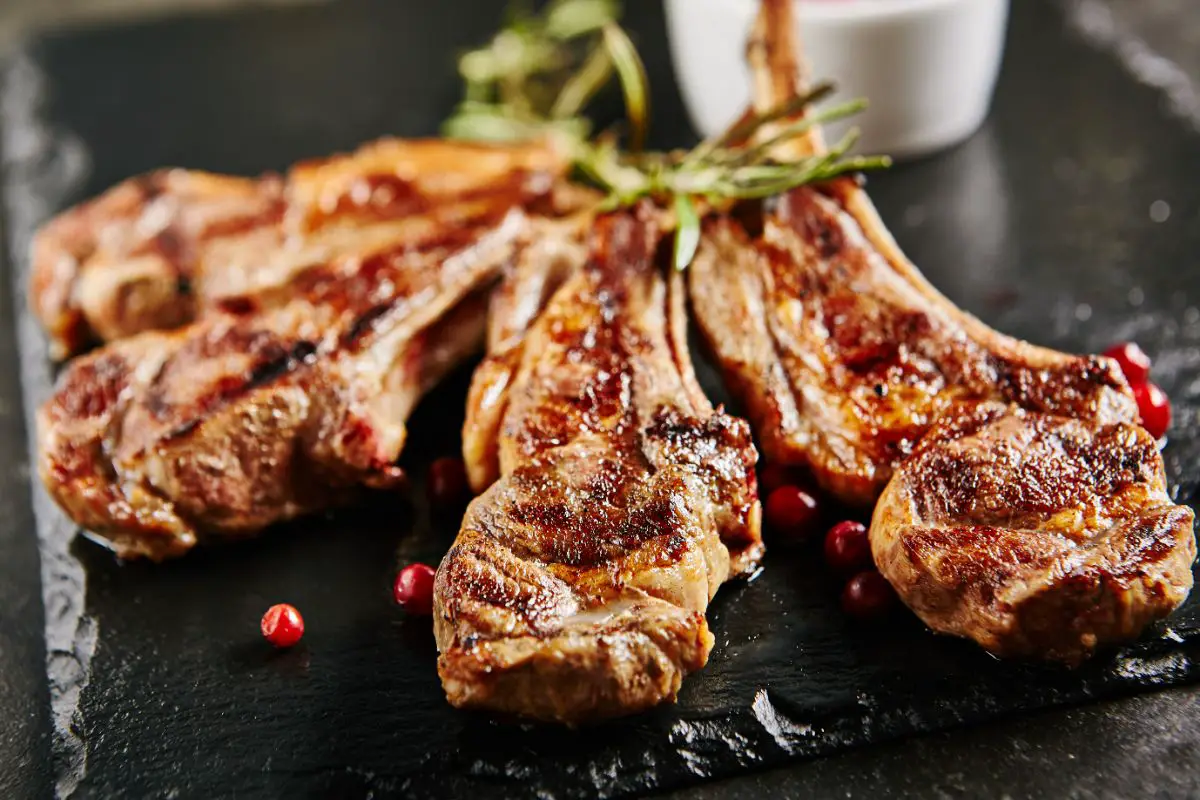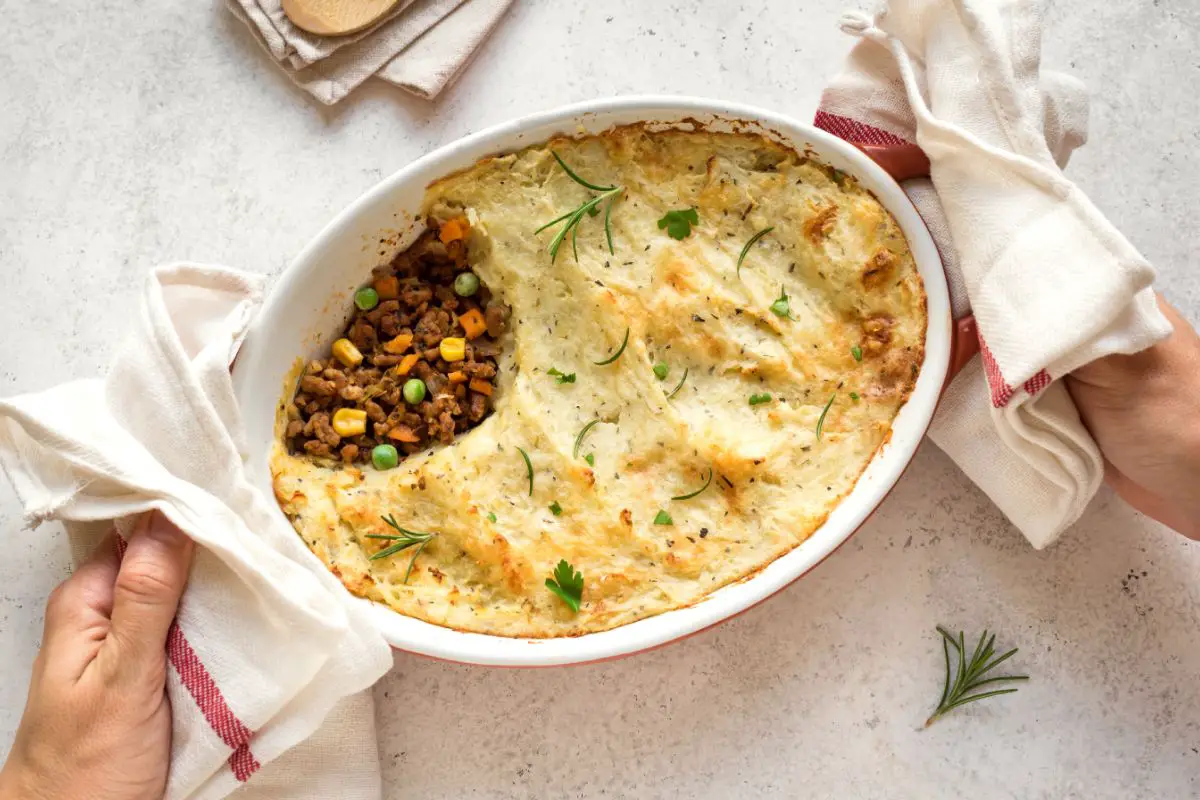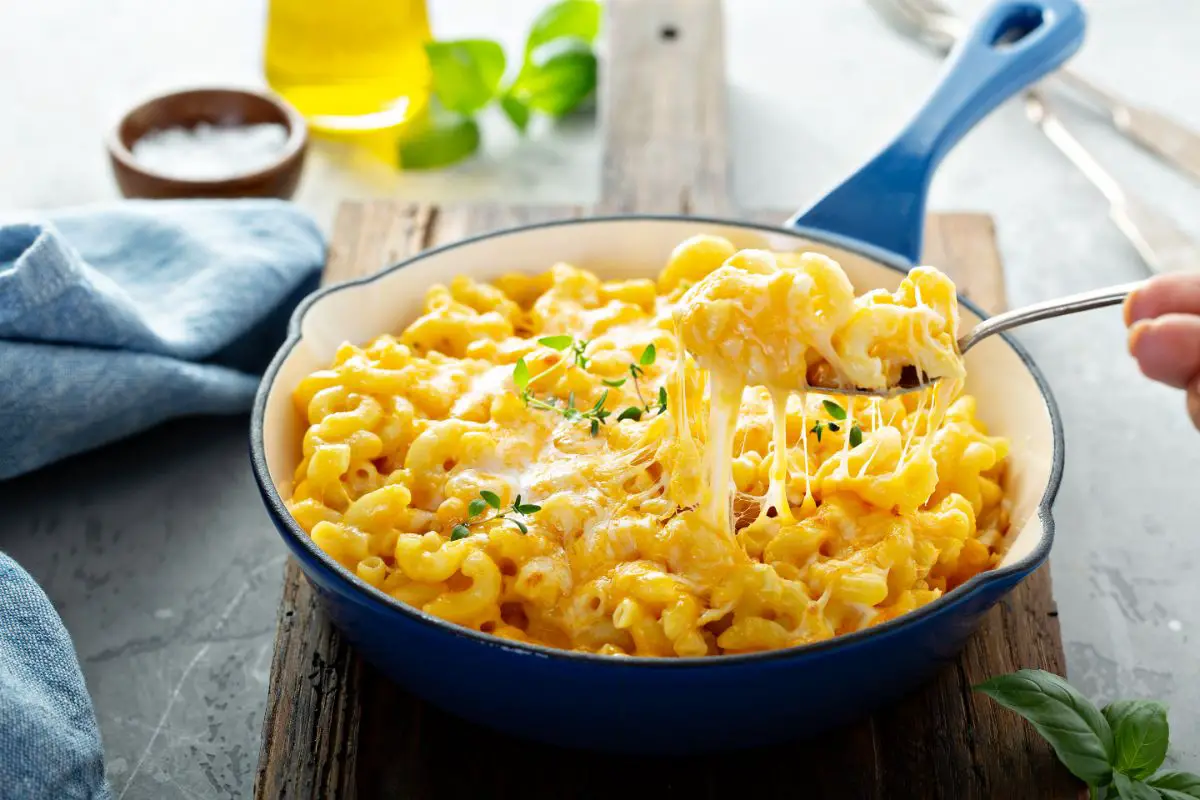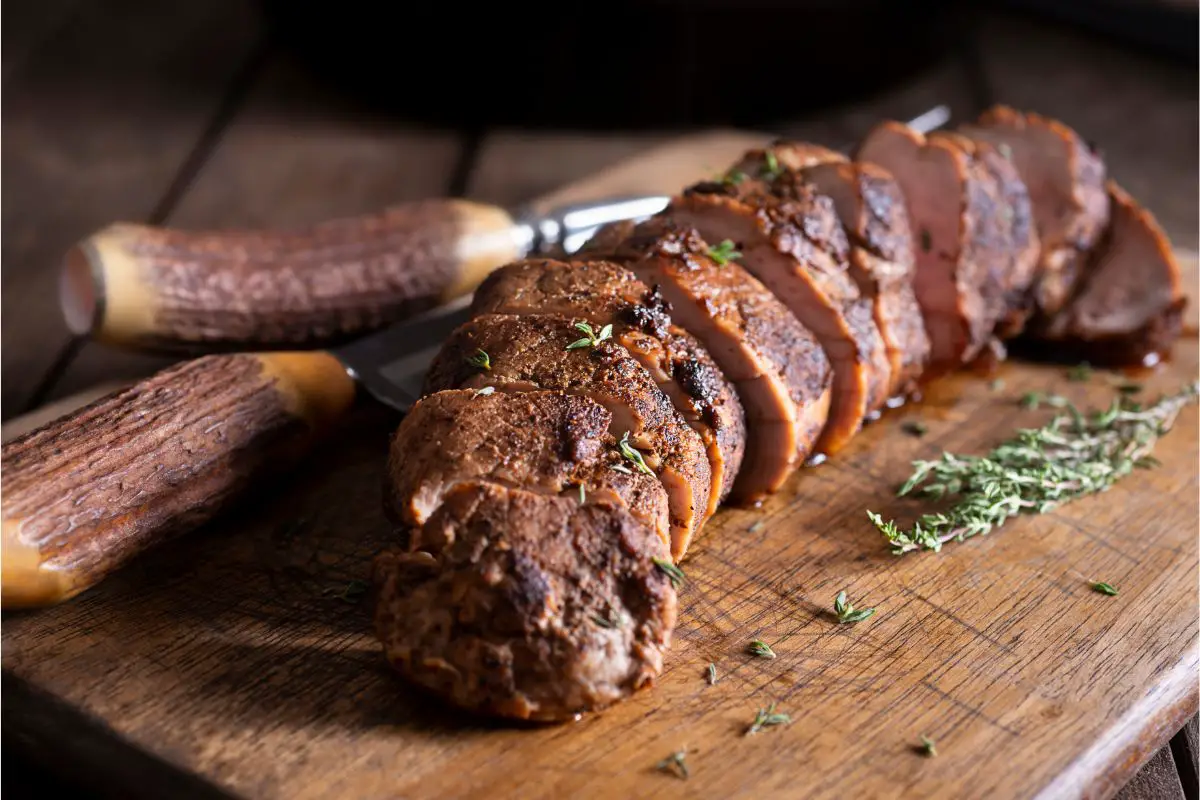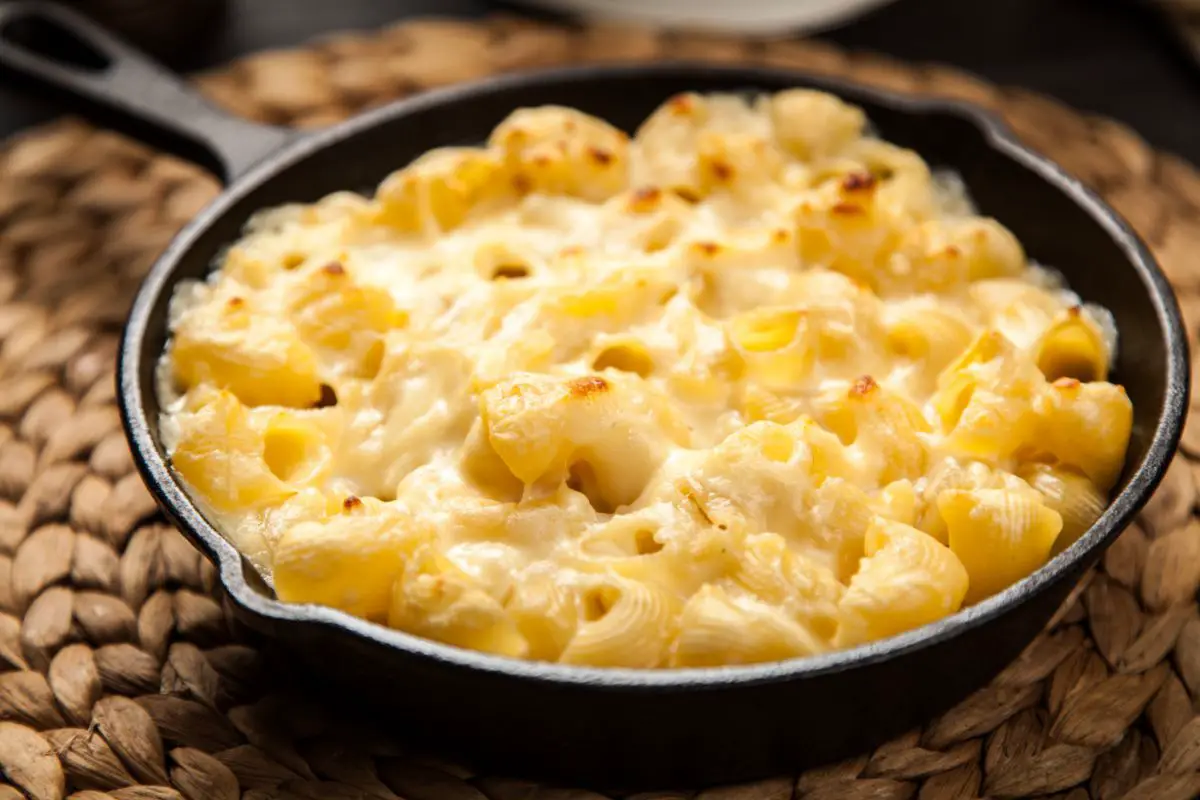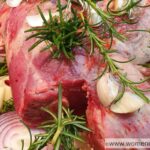The Middle East has a unique collection of dishes that you won’t be able to find anywhere else in the world. From Lebanese to Syrian, there are plenty of regional dishes that have their special texture, flavor and seasoning.
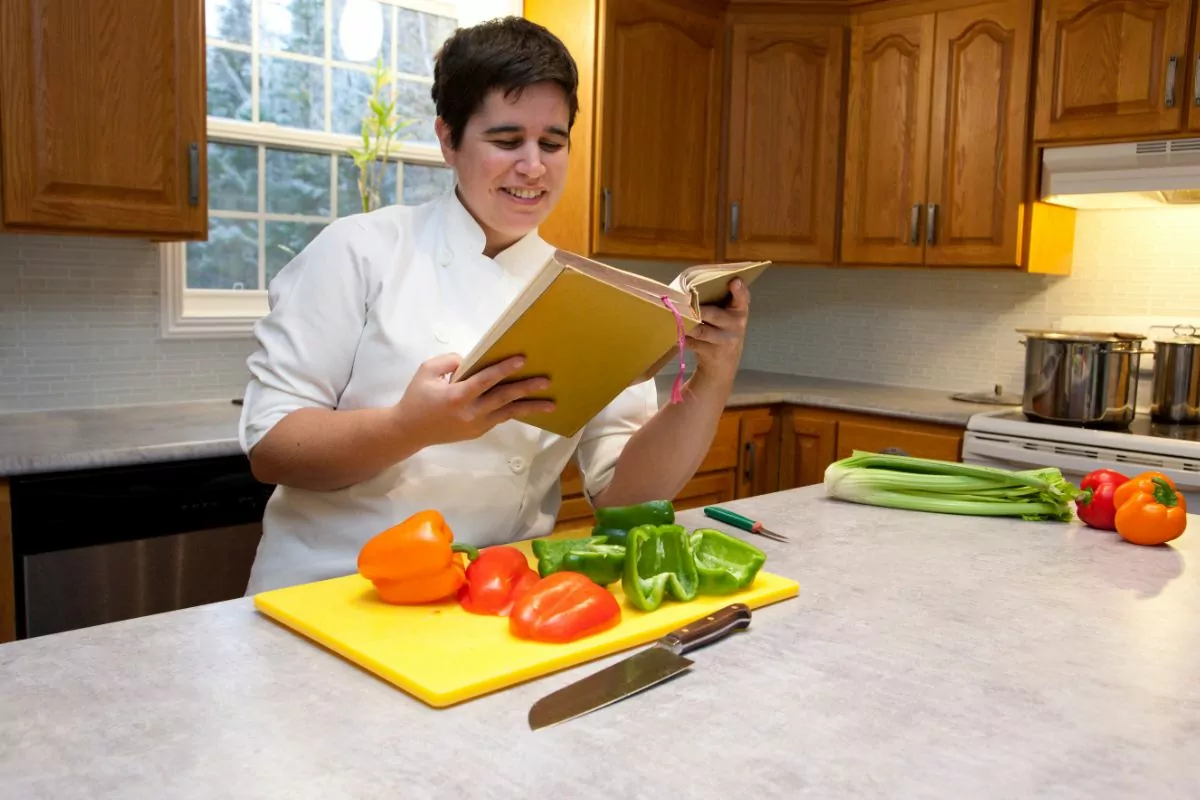
There are many amazing foods for you to sample, including falafel, hummus, lamb kebab, Kibbeh nayyeh, ful medames, dolma and meze, to name only a handful of the hundreds of dishes that are available. Why wouldn’t you want to bring these into your home?
So, what are the best Middle Eastern cookbooks written by females(see also: 7 Female Chef Middle Eastern Cookbooks You Do Not Want To Miss)? Well, we’ve done our fair share of digging and we have found some of the best that are available on the market right now.
These are rated for their diversity of recipes, layout and what chef skill level they are aimed at.
Why Make Middle Eastern Food?
Middle Eastern food is unlike anything you would ever have tasted before. Whether it is thick and creamy hummus or savory balls of chickpeas, you can be sure that you will find something that will suit your palate.
Middle Eastern food is also a great one to make for you and your family. There are plenty of sharing platters, so you can make a large portion of food and watch your guests sample every dish that is on offer.
Instead of a traditional barbeque, you could have a Middle Eastern-themed buffet. Middle Eastern cuisine is also much healthier for you, as it is filled with plenty of lean protein, healthy fats, vegetables and grains.
Almost every dish contains these ingredients, although obviously, you should eat them in moderation. It can also be quite simple to make this type of food, although there are some more complicated dishes.
If you are new to the world of cooking, then you can try making one of the easier dishes. However, there is also plenty here to keep intermediate and expert chefs busy.
So if the above description has whet your appetite, then you might be interested in some of the Middle Eastern cookbooks written by female chefs that we have to offer below (see also "Female Chef Pastry Cookbooks You Do Not Want To Miss").
7 Female Chef Middle Eastern Cookbooks
OUR TOP PICK
This first book is one of the best-presented that we have seen, with luxurious recipes that are illustrated in a lot of detail.
This has 6 chapters that cover the gamut of Middle Eastern food including salads, sauces, small plates, main meals and desserts.
This will teach you how to use certain spices such as cinnamon, cumin and coriander to season your food.
It will also take a deep dive into some traditional Middle Eastern stews and soups, so you have something to keep you warm during the winter.
Pros
- A multiple award-winning book
- Covers a wide range of dishes
- Makes difficult dishes seem easy
- Great for chefs of all skill levels
Cons
- Some readers have claimed this is not a great representation of Persian food
EDITORS CHOICE
This next book contains over 800 recipes and covers everything from Egypt, Turkey, Lebanon, and Syria.
This book blends these 4 different styles of cooking together to create something that is truly unlike anything else. This is a staple text of Middle Eastern cooking.
Each of these recipes is very easy to understand and there is something here for all types of chefs.
It will teach you how to cook yogurt salads, wheat dishes, rice dishes, savory pies, meat kebabs, stuffed eggplant and traditional mezze in many different forms.
Pros
- A mix of many Middle Eastern cooking styles
- Covers the 4 main regions of the Middle East
- 800 recipes
- A bestselling cookbook
Cons
- Some recipes might be a little daunting for new cooks
BEST VALUE
This next cookbook is derived from homecooked family recipes (albeit with a modern twist placed on it by the author).
Whether it is lemon tabbouleh, baba ghanouj or spiced lamb shank, there is something for all different tastes in this book.
There is a blend of different cultures in this book, as the author spent some time in Spain on her summer holiday as well as living in the Italian quarter in Brooklyn.
This fusion of styles results in a cookbook that is quite unlike any other. We would certainly recommend this one for the adventurous chef.
Pros
- Plenty of recipes from the Middle East
- Mixes Middle Eastern food with Spanish and Italian techniques
- Hundreds of great reviews
- Easy-to-follow recipes
Cons
- Some readers have stated that this recipe book is impractical
RUNNER UP
Our next cookbook focuses on the side of Middle Eastern cooking that caters to vegetarians. There are plenty of vegetarian dishes that are on offer, from mezze to salads to falafel and hummus.
This also comes with gluten-free and vegan options, which is great for these modern diets.
These recipes are very easy to follow, and you don’t need to be an expert cook to get on board with a lot of them.
This also outlines how to cook the perfect breakfast and how you can utilize traditional Middle Eastern fruit to the best effect in your dishes.
Pros
- Great for vegetarians, vegans, and gluten-intolerant
- 150 traditional Middle Eastern recipes
- Features salads, soups, and stews
- A healthier diet
Cons
- Not for meat-eaters
RUNNER UP
The author of this book has transcribed the recipes that were handed down by her grandmother and mother, both of whom were traditional Middle Eastern cooks.
This features hundreds of quintessential dishes from Palestine, along with details of the culture.
There are plenty of dishes on offer here, including tangy yogurt and hummus, spiced rice with lamb neck, eggplant and zucchini stuffed with lamb and honeyed dumplings.
This cookbook also has a wonderful recipe for light and sugary Palestinian tea.
Pros
- Stunning Palestinian recipes
- All handed down through generations
- Vivid color photography of each meal
- Hundreds of great reviews
Cons
- Might be slightly limiting for anyone who wants a broader cookbook on Middle Eastern dishes
RUNNER UP
From the Jordan Valley to the Gaza Strip, the author of this book details some of the lesser-known dishes that you might find across Palestine.
This features foods such as steamed chicken, eggplant, zucchini, slow-cooked lamb, green beans, and local olive oil.
Aside from the recipes, there are also heart-rending tales of some of the locals who live in Palestine from which a lot of the dishes were derived.
There are around 80 recipes in this book, which is more than enough for you to get to grips with this amazing culture.
Pros
- History and food combined
- 80 recipes
- Hundreds of great reviews
- Features high-definition photography
Cons
- Might be a tad overwhelming for new cooks
RUNNER UP
This boasts to be the complete guide to Middle Eastern cuisine, but does it live up to its own hype?
Well, not quite, but that doesn’t mean it isn’t packed with amazing recipes from Cyprus, Turkey, Lebanon, Syria, Afghanistan, Kuwait and Greece.
Each of these dishes is outlined with amazing color photographs, so you can get a good idea of what you are aiming for when you start making your meal.
Pros
- Clear and concise ingredients and guides
- Great color photography
- A comprehensive guide
- Great for beginner chefs
Cons
- Some readers have found a lot of the meals too complicated
Best Female Chef Middle Eastern Cookbooks Buying Guide
If you are looking for a decent Middle Eastern cookbook, these are some of the things you should be looking out for:
The Scope
Some Middle Eastern cookbooks cover a specific region, whereas others are broader in their remit, covering a few countries at once.
Photographs
The best cookbooks are ones that come with glossy, high-definition color photographs to show you what you are working towards.
Easy To Follow
A lot of these recipes shouldn’t be too complicated or loaded with cooking jargon.
Conclusion
We hope that our guide to the best Middle East cookbooks written by female authors has helped you find the one for your specific skill level.
Frequently Asked Questions
Is Middle Eastern Food Easy To Cook?
This all depends on what level you want to reach. If you are looking for a challenge, there are plenty of kebab dishes for you to try.
Which Countries Are In The Middle East?
Bahrain, Iran, Iraq, Israel, Jordan, Kuwait, Lebanon, Oman, Palestine, Qatar, Saudi Arabia, Syria, Turkey, United Arab Emirates, Yemen, Egypt, Afghanistan, Akrotiri and Dhekelia, Cyprus, Kyrgyzstan, Libya, Pakistan, Sudan, Tajikistan, Turkmenistan, Uzbekistan.
- 16 Martha Stewart Baking Recipes You Have To Try - May 29, 2024
- 19 Of The Best Martha Stewart Cake Recipes Ever - May 28, 2024
- How To Make A Tasty Ina Garten Red Velvet Cake At Home - May 24, 2024











